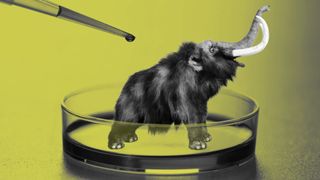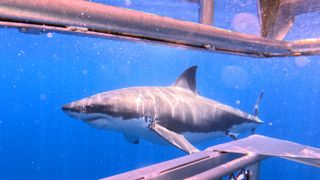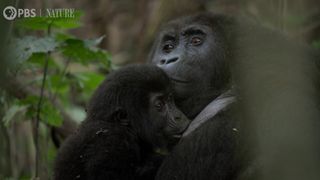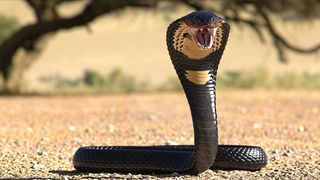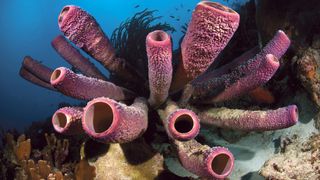Animals
Explore Animals
Editor's Picks
Latest about Animals
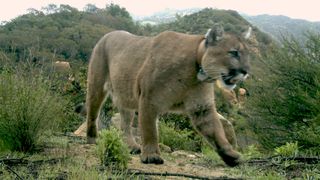
Rat poison is ripping through the food chain, threatening predators at the very top
By Meghan P. Keating published
Rat poison detected in around a third of wild mammal carnivores — including those that don't normally eat rodents, such as mountain lions and gray wolves.
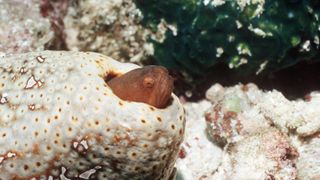
Pearlfish: The eel-like fish that lives up a sea cucumber's butt
By Melissa Hobson published
This slimline, eel-like fish has no scales for protection so chooses to use a sea cucumber's sphincter for safety.
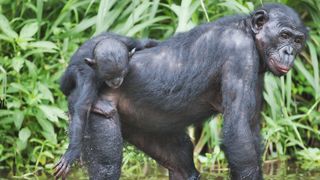
Why do only some animals have periods?
By Katherine Irving published
Humans are not the only organisms that have periods — some animals do too, but scientists still aren't sure why.
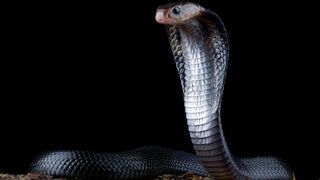
Cobras and their relatives evolved in Asia
By Richard Pallardy published
Ancient origins of cobras traced back to Asia, before jumping continents to spread across the world up to 37.5 million years ago.
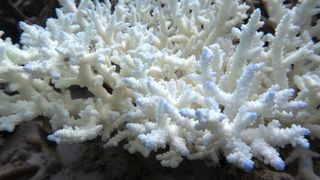
'Extremely unusual': Hottest ocean temperature in 400 years threatens the Great Barrier Reef
By Kristel Tjandra published
The sea surface temperature around the Great Barrier Reef this year is the hottest it has ever been in 400 years, posing huge threats to the coral reef ecosystem in the area.
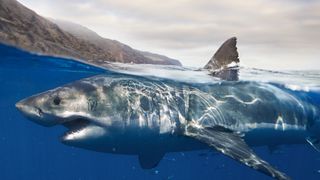
Great white sharks split into 3 populations 200,000 years ago and never mixed again — except for one hybrid found in the Bermuda Triangle
By Kristel Tjandra published
Scientists found three distinct great-white-shark populations that congregate in different oceans and do not interbreed. Their separation may have implications for conservation.
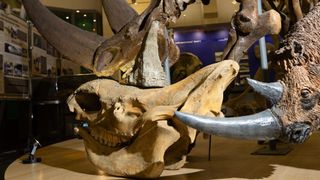
Siberian gold miners accidentally find ancient woolly rhino mummy with horn and soft tissues still intact
By Hannah Osborne published
Mummified woolly rhino discovered by miners in Russia's Sakha Republic to be fully excavated in the coming months, as researchers begin studying its intact horn.
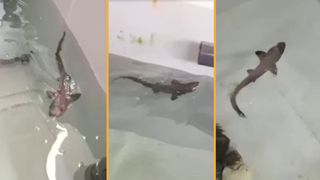
Sharks in an Italian aquarium keep having 'virgin birth' after years without males
By Reham Atya published
Two endangered female sharks found to be reproducing asexually in the absence of males in what appears to be a vital survival mechanism amid declining male populations.
Sign up for the Live Science daily newsletter now
Get the world’s most fascinating discoveries delivered straight to your inbox.
